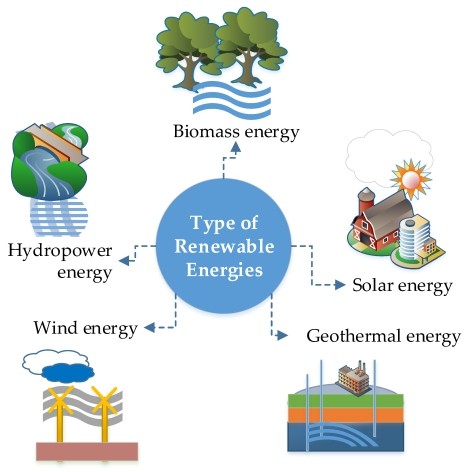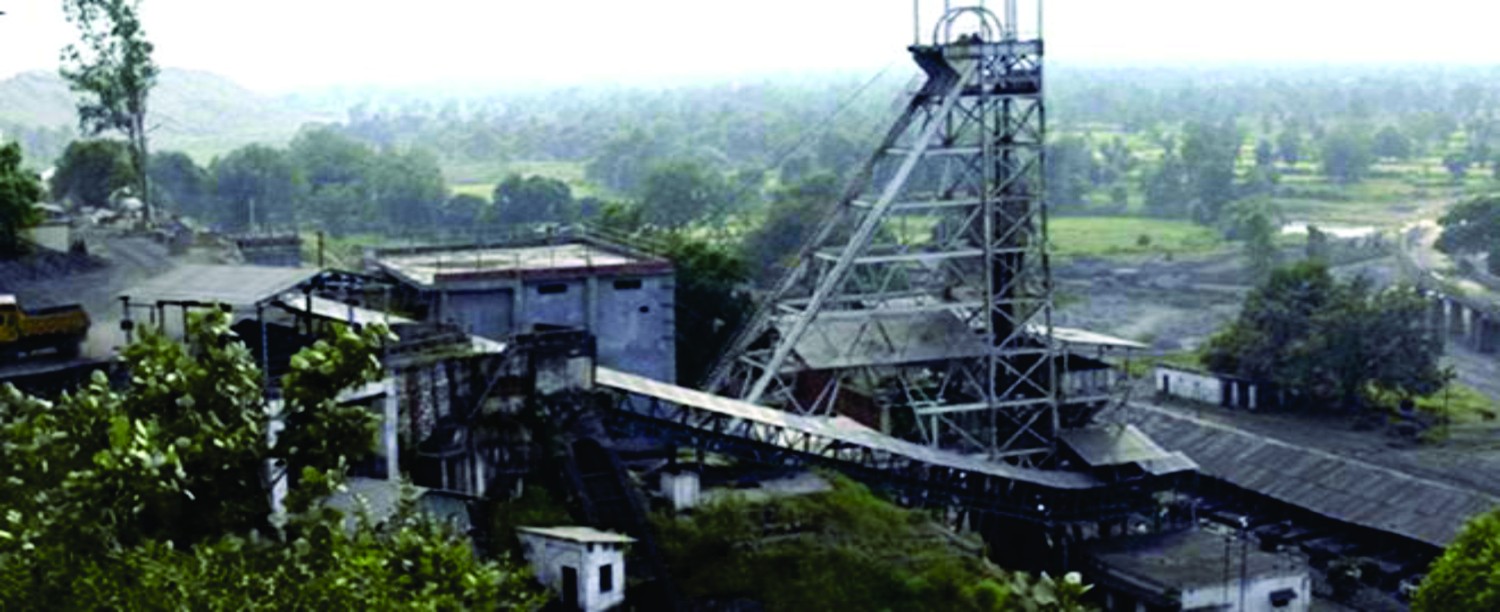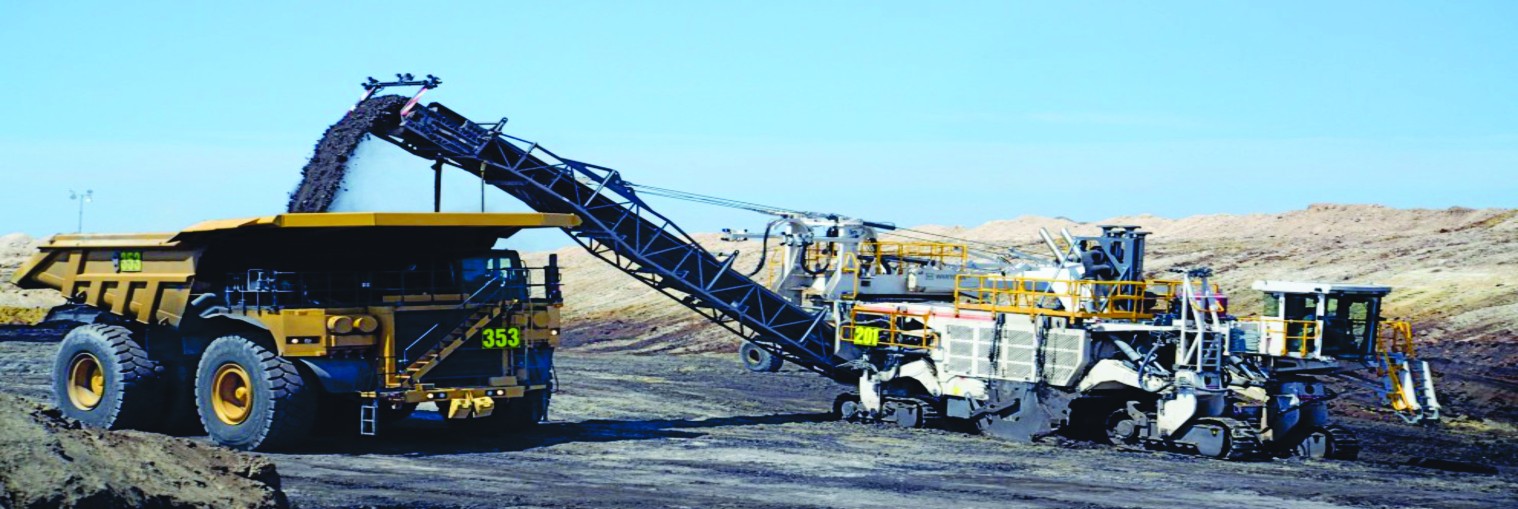PREMISE
Mining and other natural resources industries are key economic drivers and create new opportunities for development. Mining has the potential to not only spur economic development and create new wealth, but also likely to harm the environment and irrevocably shape the social dynamics and indigenous ways of life. There is also a real concern related to socio-economic impacts of mining where new developments could negatively impact the already established informal economy for addressing it’s foot print. Mining as a core industry has triggered discussion on the sustainability and responsibility. Mining, being inherently an invasive activity, if done responsibly, could give rise to improved social conditions, quality of life and promote further economic development.
The COVID-19 pandemic has taught us many things. It has made us understood the importance of preserving nature, so that, similar disruption in future may be prevented due to changes in climate. Sustainable development is an ongoing process and implementation of sustainable development need integration of economical, ecological and social issues. India has reduced emissions intensity of GDP by 21% and is on track to achieve the goal of 35% emissions reduction as promised in Paris. Indian mining sector has to retrospect as mining consumes large amount of natural resources like land and water, both of which are in short supply. It's time to formulate strategies and assigning responsibilities for implementation.

Nagpur city is the hub of mining activities in India with HQ of MOIL Ltd, Western Coalfields Ltd, Indian Bureau of Mines and Mineral Exploration Corporation of India along with regional offices of Geological Survey of India and Central Institute of Mining and Fuel Research. The region is bestowed with deposits of coal, iron ore, limestone, copper ore, manganese ore etc supporting mineral based industries like thermal power plants, cement plants and steel & alloy plants. This conference aims at bringing together regulators, planners, corporate, academia, R & D institutions and activist to draw out a framework for sustainable development which is inclusive of local socio – environment issues paving the way forward.
The Indian Mine Managers Association, Nagpur Chapter was established in 2014. The parental chapter is one of the oldest bodies of mining professional of India. The Association is recognized for its outstanding contribution to the mining sector. There are eight chapters of Association spread all over the country and its head quarter is at Dhanbad. Nagpur chapter was established in 2014 and since its inception it is organizing on a regular basis quarterly technical meets. It has successfully organized two national level conferences with encouraging participation from Indian mining sector. The Chapter has once again taken initiative to organize an international conference to deliberate on sustainable mining options to come out with feasible solutions for protecting the environment, flora and fauna.

MOIL Ltd is a Schedule “A” Miniratna Category-I Company. It was originally incorporated as Manganese Ore (India) Limited in the year 1962. It is a listed company and at present, MOIL operates 11 mines, seven located in the Nagpur and Bhandara districts of Maharashtra and four in the Balaghat district of Madhya Pradesh. The Balaghat Mine is the largest mine of the company. The mine has now reached a mining depth of about 383 meters from the surface. Dongri Buzurg Mine located in the Bhandara district of Maharashtra is the only opencast mine that produces manganese dioxide ore used by dry battery industry. MOIL fulfils about 50% of the total requirement of dioxide ore in India. At present, the annual production is around 1.3 million tons which is expected to grow in the coming years. MOIL has set up a plant based on indigenous technology to manufacture 1,500 MT per annum capacity of Electrolytic Manganese Dioxide (EMD). Also MOIL is having a Ferro Manganese plant with a capacity of 12,000 MT per annum for value addition. In order to promote non-conventional energy resources, MOIL has installed 4.8 MW wind energy Farm at Nagda Hills and 15.2 MW wind farm at Ratedi Hills, Dist. Dewas in Madhya Pradesh, a step towards sustainable energy development.

Western Coalfields Limited (WCL) is one of the eight subsidiary companies of Coal India Limited (CIL) which is under administrative control of Ministry of Coal. The company, incorporated under the Companies Act, 1956, has its registered office at Coal Estate, Civil Lines, Nagpur. WCL has been conferred "Miniratna" status and it has mining operation spread over the States of Maharashtra (in Nagpur, Chandrapur & Yeotmal Districts) and Madhya Pradesh (in Betul and Chhindawara Districts). The Company is a major source of supply of coal to the industries located in western and southern states of India. Electricity boards are major consumers of its coal along with cement, steel, chemical, fertilizer, paper and brick Industries in these states. WCL had produced 57.6 Million Tons of coal & dispatched 52.5 Million Tons of coal during 2019-20 and planning to reach 75 Million Tons of production by 2023-24 followed by 100 Million Tons by 2026-27. Even though the mandate is to produce and dispatch coal, WCL has started producing sand from over burden rocks at a much cheaper price. This will not only help in minimizing environmental pollution but will also be an option for getting cheaper sand which is scarce and is being now imported. WCL has also installed RO plants for converting mine water to safe drinking water. Mine water is also supplied to local industries and being used for irrigation. WCL is committed to sustainable development and has adopted environment policy in life with changing scenario.

VRCE Mining Alumni Association and The Miners Alliance are the alumni associations of Department of Mining Engineering, Visvesvaraya National Institute of Technology, Nagpur and Shri Ramdeobaba College of Engineering and Management, Nagpur respectively. They act as a link between department and industry apart from fostering relations amongst the alumni. Alumni of both the departments are not only very well placed in various mining sectors in India but are also doing very well in sales & marketing, R & D , academics and soft skill sectors. They have jointly organized many technical, professional and social programs with their respective department.
